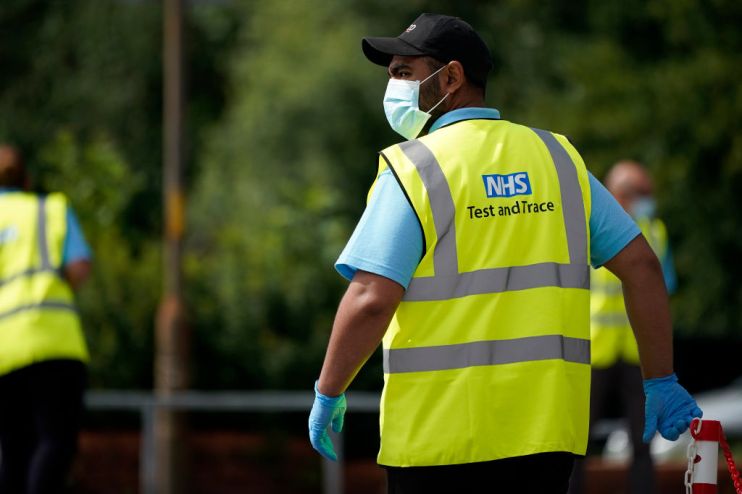Six per cent of people in England may have already contracted coronavirus

Over 3.4m people in the UK may have already contracted coronavirus, a new study from Imperial College has shown.
In the world’s largest home antibody testing programme, over 100,000 volunteers tested themselves at home using a finger prick test between 20 June and 13 July to check if they have antibodies against the virus.
The results, which were released this morning, show that based on the testing six per cent of the country may have caught the disease.
As of yesterday, the Department of Health’s officials statistics show that 313,798 people have caught the disease. Of these, 41,329 have died.
People living in London are most likely to have been infected, with 13 per cent of tests showing people had developed antibodies.
Key workers were also far more likely to have developed antibodies, with those working in care homes and health care showing rates of 16 per cent and 13 per cent respectively.
In addition, people from black or Asian ethnic backgrounds had far higher rates of infection, at 17 per cent and 12 per cent.
Before the Open newsletter: Start your day with the City View podcast and key market data
In terms of age, people between the ages of 18 and 34 were most likely to have developed antibodies, while people over the age of 65 were least likely.
According to the trial, almost 96 per cent of those with a confirmed case of coronavirus was found to have antibodies.
However, there is not yet enough evidence to say whether testing positive for antibodies makes one immune to the virus.
Professor Graham Cooke, professor of infectious diseases and research lead at Imperial College, said:
“There are still many unknowns with this new virus, including the extent to which the presence of antibodies offers protection against future infections.
“Using the finger-prick tests suitable for large scale home testing has given us clearest insight yet into the spread of the virus in the country and who has been at greatest risk.
“These data will have important implications as decisions to ease lockdown restrictions in England.”